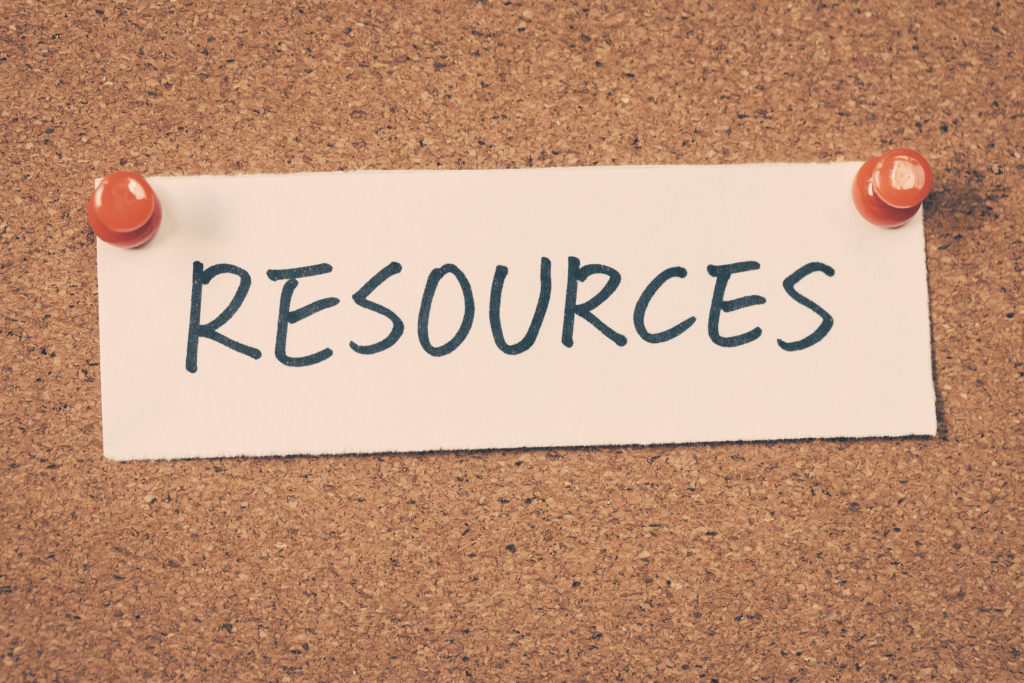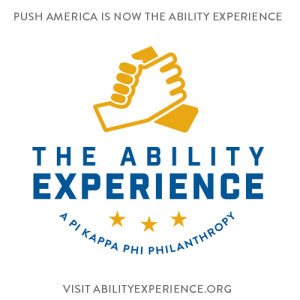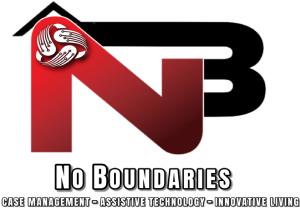
Now Accepting Referrals!
No Boundaries Case Management & Consultation Services is excited to announce that we are now accepting referrals for Michelle P., Supported Community Living & Tech Assisted Living. If you are ready to make a positive change in your life or the life of a loved one, we encourage you to reach out to us through the “Our Team” page today.
Check out more initiatives below!
Supports for Community Living – Kentucky Department of Behavioral/Developmental & Intellectual Disabilities
-Follow the link above if you are interested in learning more about the Supports for Community Living Waiver and/or the Michelle P waiver and the process for getting on the wait lists. Have further questions? Please feel free to reach out to us!
PUSH America & The Journey of Hope

Push America was founded in 1977 by Pi Kappa Phi Fraternity with the purpose of instilling lifelong service in its members and enhancing the quality of life for people with disabilities. Push America is still fulfilling the purpose it was intended for, but has grown into a nationwide organization with numerous programs educating undergraduates, alumni, and communities about the abilities of people with disabilities.
MEDLINEplus: Developmental Disabilities
MEDLINEplus is an online service of the National Library of Medicine. MEDLINEplus is designed to link you to information on specific health topics, including developmental disabilities. Information about intellectual disabilities is included on the Developmental Disabilities page. MEDLINEplus brings together information from many sources and is updated every day. This page includes information on the latest news, general overviews, clinical trials, coping, diagnosis and symptoms, research, specific conditions, law and policy, organizations, children, seniors.
[In English: MEDLINEplus Health Information: Developmental Disabilities]
How can we improve the health of people with intellectual disabilities?
People with developmental disabilities can live healthy lives. Many federal and federally-funded programs help people learn to live well with a disability. We list some of these efforts below.
The National Center on Physical Activity and Disability (NCPAD)
Physical activity is good for everyone. Being active helps people get healthy and stay healthy. The NCPAD Web site has information about physical activity for people with disabilities. Read about getting started with an exercise program, building playgrounds that all children can use, finding summer camps, and adapting games and sports so that everyone can take part. Search the NCPAD database to find information about a specific disability or find out about fitness or recreation programs where you live. NCPAD also has a monthly newsletter on physical activity that you can read online or get by e-mail. [Go to the National Center on Physical Activity and Disability Web site]
The National Women’s Health Information Center: Women with DisAbilities
Twenty-six million American women live with disabilities (Source: U.S. Department of Health and Human Services). The Office of Women’s Health in the Department of Health and Human Services has created a special section on their National Women’s Health Information Center Web site devoted to information and resources for women with disabilities. The Web site covers many topics, including access to health care and breast health services, reproductive health, parenting, and special issues affecting older women, as well as materials on different types of disabilities. [Go to the Women with DisAbilities Web site]
Closing the Gap: A National Blueprint to Improve the Health of Persons with Mental Retardation
People with intellectual disabilities grow up and grow older and need good health and good health care, just like anyone else. But people with intellectual disabilities may face extra problems in staying healthy and in finding the right health services when they are sick. In December 2001, the U.S. Surgeon General held a conference on health disparities and intellectual disabilities. Closing the Gap: A National Blueprint to Improve the Health of Persons with Mental Retardation is the official report from that conference. The report identifies problems and proposes solutions. It sets goals in several areas to improve the health of people with intellectual disabilities, including health promotion and community environments, knowledge and understanding, quality of health care, training health care providers, health care financing, and sources of health care. [View the complete report and related materials on the Surgeon General’s Health Disparities and Mental Retardation Web site]
CDC’s Disability and Health Program
The Disability and Health program at CDC funds states and universities to study how people with disabilities can live healthy lives and to help people do so. It also supports information centers on various aspects of disability and health. The program’s Web site has information about making health care and recreation settings accessible to people with disabilities. It also has information about making it easier for people with disabilities to learn about health issues on the Internet or at meetings. Go to CDC’s Disability and Health Web site
The Follow-Up Study of Children with Developmental Disabilities
In the mid-1980s, CDC conducted the Metropolitan Atlanta Developmental Disabilities Study (MADDS), a study of cerebral palsy, epilepsy, hearing loss, intellectual disabilities, and vision impairment in 10-year-old children living in metropolitan Atlanta. A comparison group of children who did not have any disabilities also took part in the study. The Follow-Up Study of Children with Developmental Disabilities contacted many of the original study participants years later, when they were young adults. They were asked questions about their health, living arrangements, socialization, employment, quality of life, use of services, and independence. CDC has started analyzing the information collected in the Follow-Up Study and will be looking at such issues as obesity, pain, and use of health services among young adults with disabilities as well as what environmental factors (such as wheelchair ramps) make it easier for young adults with disabilities to carry out their daily activities. Study results will be posted on this Web site as they become available. [Read more about MADDS]
![]()
Kentucky Council on Developmental Disabilities
The mission of the Kentucky Council on Developmental Disabilities is to create change through visionary leadership and advocacy so that people have choices and control over their own lives.

Kentucky Autism Training Center
The mission of the Kentucky Autism Training Center is to strengthen our state’s systems of support for persons affected by autism by bridging research to practice and by providing training and resources to families and professionals. KATC is committed to improving the quality of life for those affected by ASD.
The Bluegrass Technology Center Inc. is a consumer driven, non profit, grassroots organization assisting individuals who have disabilities, their families, and service providers in connecting with various technologies and services that provide the gateway to greater independence, productivity, and quality of life.

University of Kentucky-Human Development Institute
The Human Development Institute is Kentucky’s University Center for Excellence in Developmental Disabilities Education, Research and Service. We focus our efforts on improving lifelong opportunities and services for individuals with disabilities, their families and the community.

The American Network of Community Options and Resources is a nonprofit trade association representing and advocating on behalf of the more than 800 private providers of services and supports for nearly 500,000 Americans with disabilities that employ over 400,000 direct support staff in 49 states and Washington, D.C. ANCOR’s efforts in the area of public policy, federal legislative and regulatory initiatives, judicial results, state-level initiatives and the culling of leading practices have uniquely positioned it as the national presence for private providers. Congress and federal agencies turn to ANCOR as the authority in our profession. ANCOR has always been and will continue to be your eyes, ears, and voice in Washington, DC.
Autism Society of the Bluegrass
The Autism Society of the Bluegrass is a resource and support group for families and professionals in the Central Kentucky area who are involved with autism. We are a chapter of the Autism Society of America and a 501 (c) (3) non-profit organization. We provide education as well as scholarships for our members to obtain continuing autism-related education.
